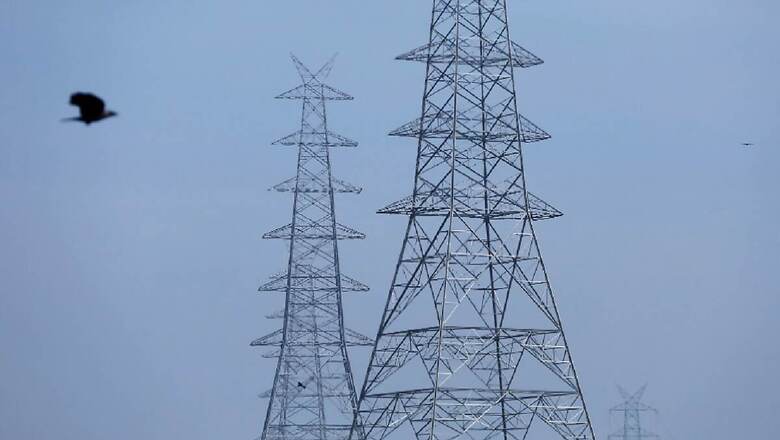
views
Chennai: The 15th Finance Commission report submitted in Parliament two days ago has said that the financial situation of the Tamil Nadu government has deteriorated over the years and it is time the government has to pull its socks.
In its report, the commission has pointed out that since 2012 onwards, the government’s revenue account has started facing deficit and the fiscal deficit has also crossed the permitted 3% of the GSDP in a few years. Similarly, the total debt is also closing to 25% of GSDP as permitted by the state’s FRBM Act.
The state implemented its Fiscal Responsibility Budget Management (FRBM) Act in 2003 and has adhered to its FRBM limit in recent years. It needs to continue on the credible debt path and careful calibration of expenditure for generating future streams of income, said the commission report on Tamil Nadu.
Also read: A Monumental Challenge: Tamil Nadu CM Palaniswami Seals Doors to Jaya Legacy as Sasikala Plots Return
“Tamil Nadu’s Debt–GSDP ratio has increased from 17.2% in 2012–13 to 22.6% in 2018–19. Along with the increase in the total debt, which has crossed Rs 4 lakh crore, the servicing cost (interest) is also increasing. It is high time, the state government tightens its belt,” said a former finance secretary of Tamil Nadu government.
On attracting foreign direct investments into the state, the commission said FDI is needed for expanding airports. “Airports, roads, and ports may be expanded to provide necessary logistical support to industries. The state needs to establish cable-landing stations (such as those at Vizag and Mumbai) for increasing bandwidth for high data speed and create a digital ecosystem for industrial growth. For such purposes, Tamil Nadu should work towards attracting more FDI. Currently 7% of the total FDI into India flows to TN,” said the commission report.
On the power sector, the commission wants the state government to introduce smart meters in domestic and other consumers. “The state needs to upgrade its performance in UDAY barometers, smart metering (200–500 kWH), smart metering (above 500 kWH), and distribution transformer metering (urban). Tamil Nadu needs to be cognizant of its power purchase costs that have risen more than 5% in the last two years,” said the commission report.
The report praises the contribution of state public sector undertakings. “Tamil Nadu has 68 working PSUs, of which 29 had accounts in arrears. The state PSUs registered a turnover of Rs 1.10 lakh crore as per their latest finalised accounts. This turnover was equal to 8.54% of GSDP, indicating the important role played by State PSUs in the economy,” said the report.
As per the latest finalised accounts, the PSUs accumulated losses of Rs 78,854.25 crore and the overall budgetary support of the state to PSUs increased from Rs 13,918 crore in 2012–13 to Rs 46,127 crore in 2016–17.
“Given the outstanding liabilities and substantial budgetary support to SPSUs, the State needs to closely monitor them to avoid contingent liabilities imposing additional fiscal burden on the State. A time-bound programme of restructuring the SPSUs should be adopted soon to remove the major hurdles in their performance,” the report said
Read all the Latest News, Breaking News and Coronavirus News here



















Comments
0 comment